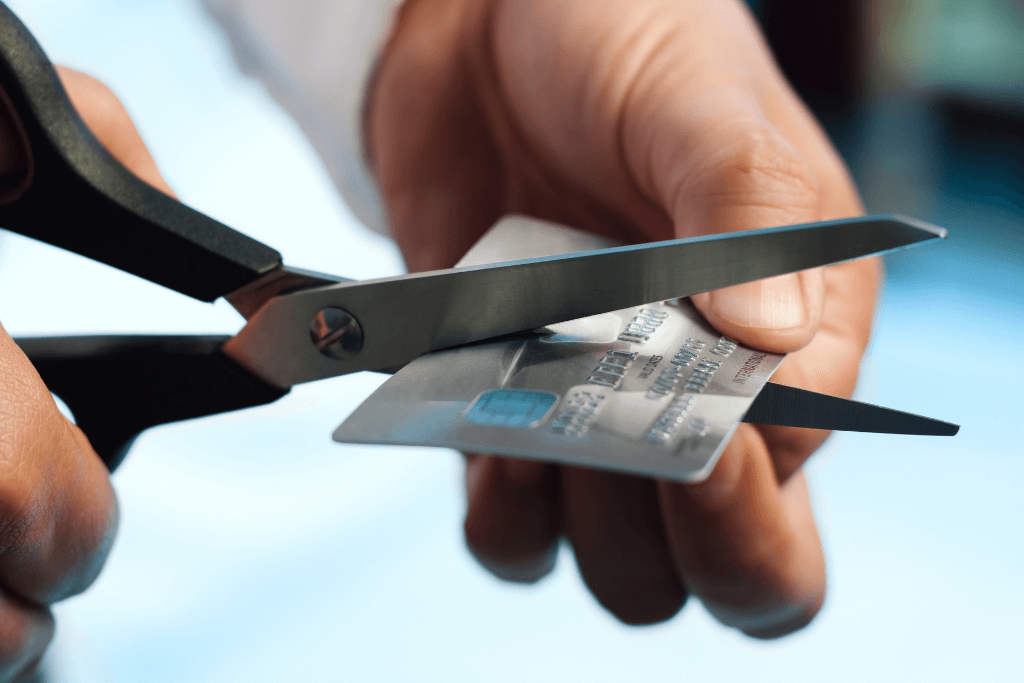Dear Chuck,
I have been steadily paying down debt, and the end is within site. I’m due a sum of money for the sale of some real estate and wonder if I should pay off the remaining debt or save it. Seems like a good time to be debt free. What would you do?
Almost Debt Free
Dear Almost Debt Free,
I can think of only a few reasons why you would not go ahead and become debt free if you are able. Of course, I don’t have your full financial picture, so I will try to give you a few things to consider as you come to your own conclusion.
Shifting Sands
There is a lot of uncertainty in the world right now. Covid-19 has created stress in many areas of our lives. A Pew Research Center survey reports that half of non-retired adults say the economic impact of Covid-19 will make it harder to achieve their long-term goals. There are medical and financial pressures along with rising mental health issues. Add to that inflation, the instability in Afghanistan, forest fires, flooding, the possibility of a stock market and real estate bubble…. Need I go on?
A major benefit to being debt free is that you will be in a much stronger position to weather the economic storms we may face. If your overall picture is good, then pay off all the debt. But, there is more to consider first.
A Safety Net
It is great to be debt free, but uncertain times also require that you have savings available for emergencies. You want to avoid ending up in the same position six months from now. Therefore, I suggest you give a portion, fund an emergency account, and then apply the rest to debt.
Have you ever done the limbo? The object is to get under a bar without touching it. Budgeting is very similar. Your income represents the bar. Your spending must fall below the bar every month, or you lose.
In limbo, you must take carefully-measured steps to keep as far away from the bar as you can. The gap between your body and the bar is what I call “financial margin,” which we all need. This is the space that grants peace and financial protection in the unexpected storms of life.
It is possible to increase your monthly margin quickly by adjusting your lifestyle. Consider the benefits of choosing to live on far less than you make. Manage the common budget busters—food, entertainment, and transportation—to further reduce expenses.

Other Tips
Paying down the highest interest-bearing note first will save you money in the long run. Paying down multiple small notes can provide a psychological advantage. Repay any late mortgage or rent, utilities, HOA fees, taxes, and car payments so there is no threat to losing your home or car.
Do you owe family members any money? Do not ignore this responsibility. Be honest, and treat them as you would want to be treated so that relationships are not harmed.
Be Intentional
Even if you do pay off all your debt, it is important to manage your finances well as you go forward. Just because you become debt free does not guarantee that you will stay that way unless you manage what you have well. Here are my three tips:
Thank you for the question. I don’t think you can go wrong if you pay off the debt and commit to following the steps above.
For more guidance, especially if your debt is related to credit cards, please consider contacting Christian Credit Counselors. They are a trusted source of help.
This article was originally published on The Christian Post on September 3, 2021.
Subscribe for Weekly Updates
"*" indicates required fields
Search
Christian Credit Counselors

Is credit card debt causing you stress and strain? Christian Credit Counselors would like to help!
Notifications